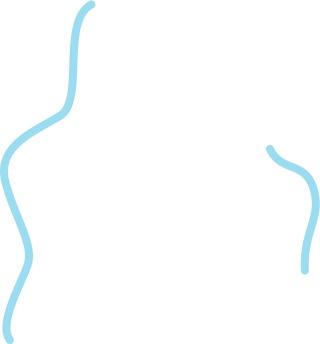Runny nose & sneezing
Runny nose and sneezing are not just superficial symptoms; they often indicate deeper health issues. These can range from allergies to environmental irritants. Understanding the root causes is crucial for effective treatment. A holistic approach, rather than just medication, can address these underlying factors, offering more sustainable relief and overall health improvement.

Symptom of
Runny nose & sneezing
The symptoms of a runny nose and sneezing can include:
- A clear or thick discharge from the nose.
- Congestion or a feeling of fullness in the nose.
- Sneezing.
- Itchy or watery eyes.
- Sore throat.
- Headache.
- Fatigue.
Causes of
Runny nose & sneezing
The causes of runny nose and sneezing can vary from person to person, and can be influenced by a number of factors including genetics, lifestyle, diet, environmental toxins, stress, and hormonal imbalances. Some common triggers include:
- Allergies: Allergies to environmental factors such as pollen, dust, and animal dander can cause a runny nose and sneezing.
- Viral infections: Common colds and other viral infections can cause a runny nose and sneezing.
- Food sensitivities: Certain foods, such as dairy, can cause a runny nose and sneezing in some people.
- Environmental toxins: Exposure to environmental toxins, such as pollutants and chemicals, can cause a runny nose and sneezing.
Our top picks
-
-
 16 itemsGetTested’s Cortisol Test measures bioavailable and free cortisol on seven occasions during a day. Cortisol is released in response to physical or mental stress. Produced by the ad…
16 itemsGetTested’s Cortisol Test measures bioavailable and free cortisol on seven occasions during a day. Cortisol is released in response to physical or mental stress. Produced by the ad…£125.00Original price was: £125.00.£123.00Current price is: £123.00.
Treatments for
Runny nose & sneezing
Functional medicine approaches to treating runny nose and sneezing involve identifying and addressing the underlying causes of the condition. Some common treatments include:
- Dietary changes: Eliminating trigger foods from the diet, such as dairy or other allergenic foods, can help reduce the frequency and severity of symptoms.
- Nutritional supplements: Supplements such as vitamin C, quercetin, and probiotics can help boost the immune system and reduce inflammation, which can help prevent and manage symptoms.
- Environmental modifications: Reducing exposure to environmental toxins and pollutants, and using air purifiers can help prevent symptoms.
- Stress reduction techniques: Stress-reduction techniques such as meditation, deep breathing, and yoga can help boost the immune system and reduce inflammation.
- Natural antihistamines: Natural remedies such as stinging nettle, butterbur, and bromelain can help reduce histamine levels and prevent symptoms.
Understand the root cause: Take a test today to always perform at your max







